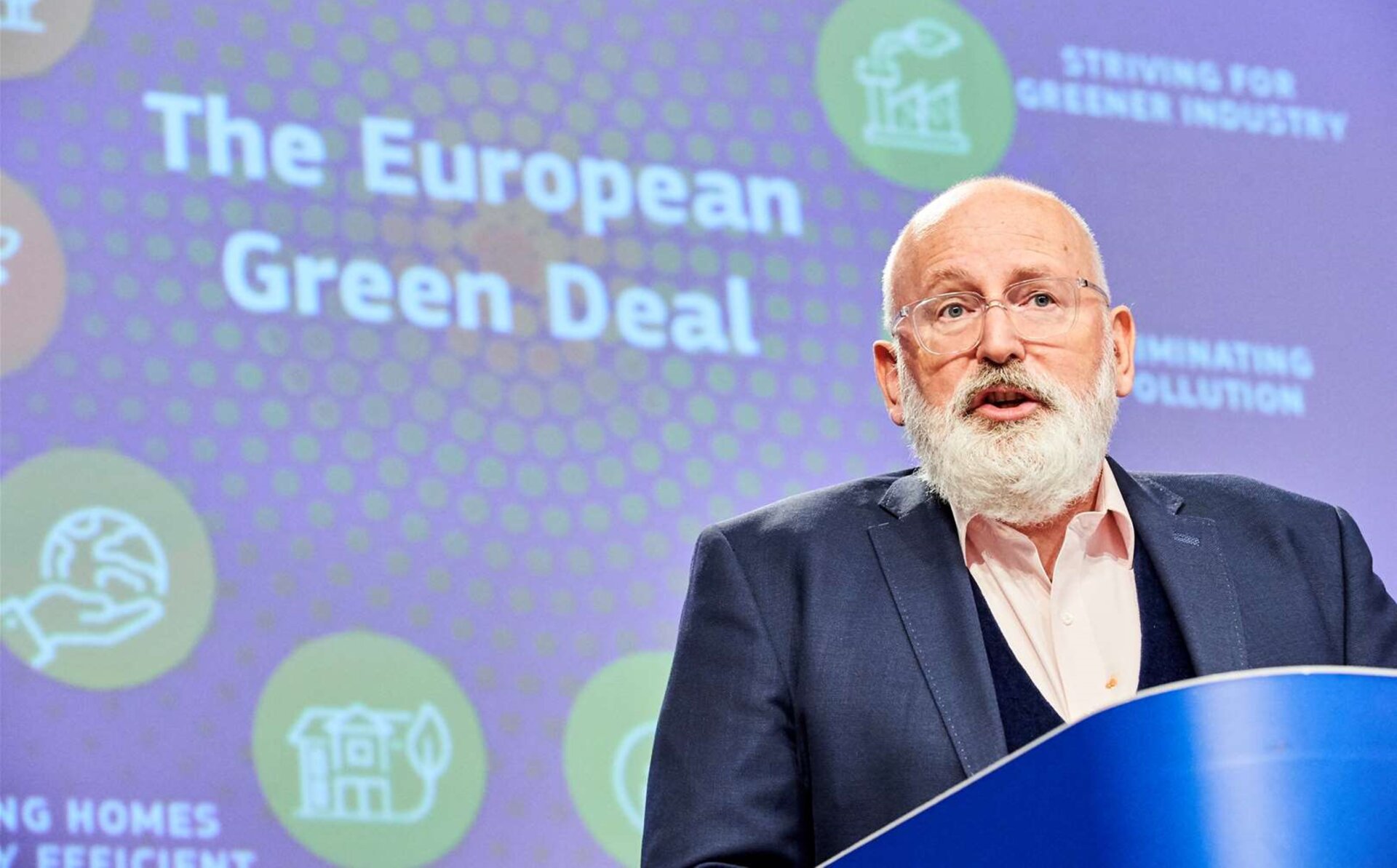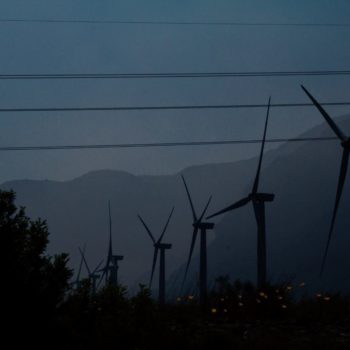E3G and eleven other civil society organisations urge Executive Vice-President of the European Commission, Frans Timmermans, to put forward a coordinated withdrawal of the EU from the Energy Charter Treaty (ECT). EU member states representing over 70 per cent of the European population have already abandoned or announced its withdrawal from the Energy Charter Treaty.
While the COP27 is ongoing in Egypt, with the EU trying to find new ambitious pathways to deal with the climate crisis, at home the Council of the EU is considering whether to bring new life to the Energy Charter Treaty (ECT) by supporting its reform. Doing so would undermine the future of the European Green Deal at home and abroad.
An ECT reform that still falls short for the climate
The reform of the ECT falls short of complying with the Paris Agreement. Staying within the ECT despite the withdrawal of key member states would continue to allow fossil fuel investors to hamstring the EU’s climate action, undermining the Green Deal and Europe’s climate ambitions.
The most problematic aspects of the ECT, its investor-state dispute settlement (ISDS) and its biased way of compensating investors, remain untouched. Moreover, fossil fuels will remain protected for at least another decade in the EU and UK (and indefinitely in other contracting parties), including existing coal assets and future gas plants and pipelines. This means states will remain vulnerable to cases like those launched by RWE and Uniper against the Dutch coal phase-out plans.
EU member states are already setepping out of the ECT
Multiple member states have recently concluded the reform was insufficient and not aligned with the Paris Agreement, publicly announcing their withdrawal from the Energy Charter Treaty: Poland, Spain, the Netherlands, France, Slovenia and Germany. Together with Italy, which withdrew in 2016, these states now represent more than 70% of the EU’s population. Other EU member states are considering this step too.
It is clear now that the current Commission’s proposal to support the adoption of the ECT reform will not earn a qualified majority at the Council. Delaying the votes at both the EU and international level would only waste precious time – the climate emergency cannot afford this.
An EU coordinated withdrawal from the ECT
The European Commission must take hold of this situation and reassert its climate leadership, facilitating an ambitious solution at the Council that preserves EU unity and coherence. A coordinated withdrawal of the EU and the member states from the ECT remains the only option to defend the integrity of the European Green Deal. It would showcase Europe’s willingness to walk away from old systems that stand as a barrier to the Paris Agreement and spearhead new and better forms of governing sustainable investments. Otherwise, the European Commission would send a very confusing signal to international investors and policymakers on the future of the EU’s climate transition.
The urgent messages from people on the climate frontline given at COP27 are a stark reminder of the need to accelerate the energy transition. The European Commission must design a plan to leave the ECT, solve the current legal and political confusion and do what is best in the interest of the EU’s unity and climate transition.



